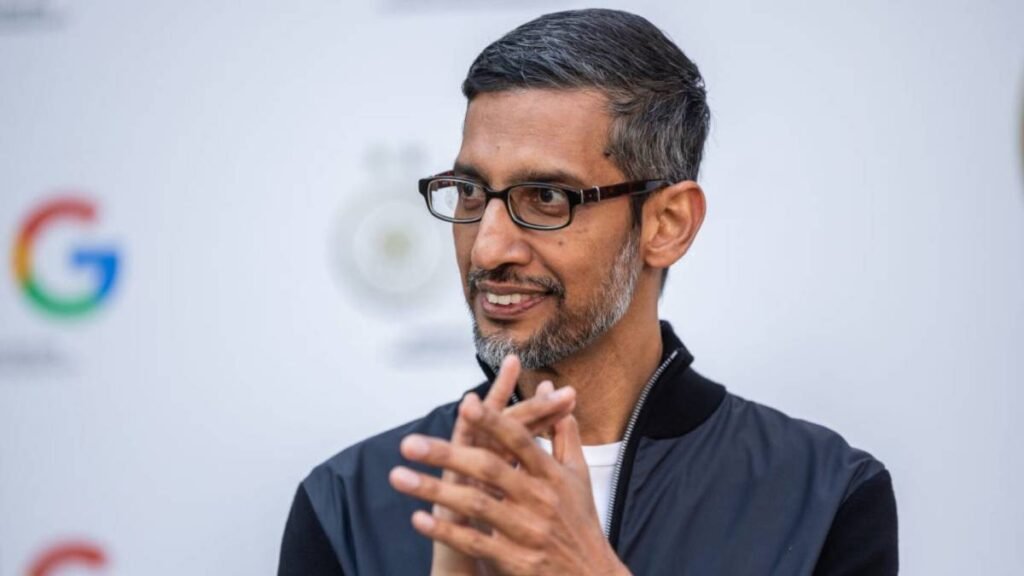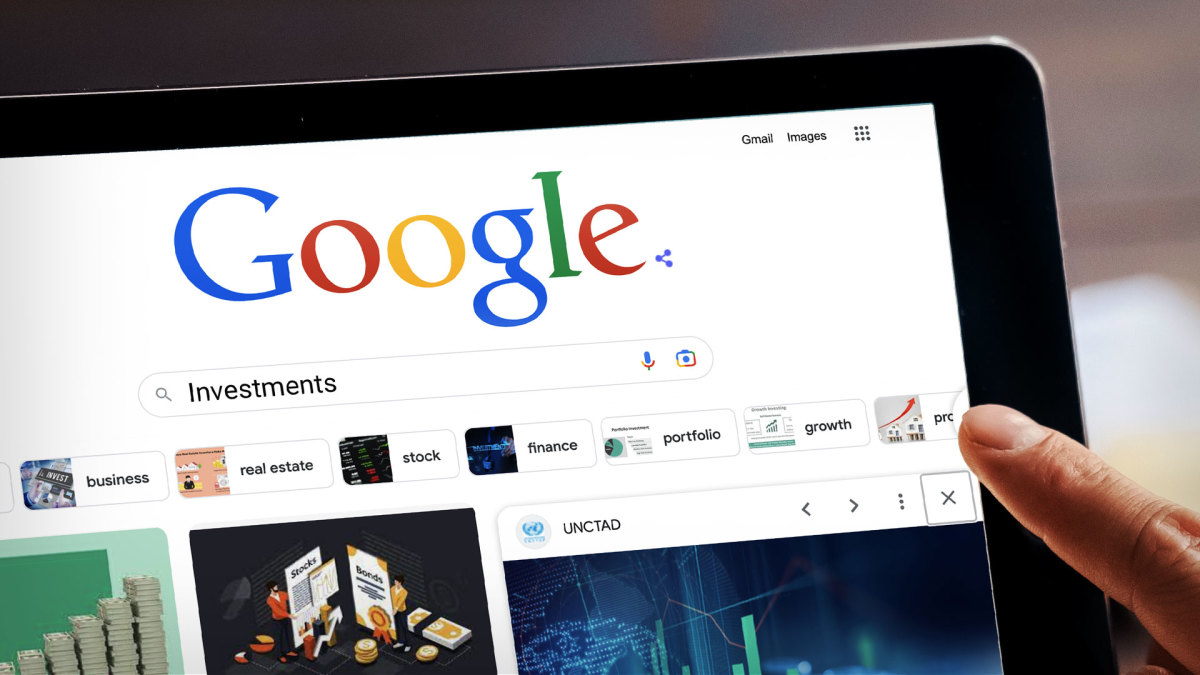The devolution of the internet may have started as soon as the game of “search-engine optimization” became the norm, so pretty much since the first internet search engines emerged.
Distinguishing keyword-stuffed spam from good content was difficult even in 1998 when Google launched, but it became much more difficult over the years.
One of the greatest inventions humans have ever produced, the internet, is now just a junkyard.
Sure, there is some good content lying in that junkyard, but it doesn’t change the fact that “someone” needs to sift through it and sort it.
The majority of people use Google for this task.
Related: Sam Altman worried AI could steal money from your bank account
Google uses many tricks to weed out things you aren’t looking for. Your location and past search history play big roles in this filtering.
In addition, Google tries to figure out the meaning of the search, and instead of using the words in the query, it replaces them with what it thinks are better ones.
According to the company, if you search for “how to change a light bulb,” it will also search for ” how to replace a light bulb.”
The problem is that when you make a spelling error, Google clearly states that search results are for the spelling-corrected query and offers to search with what it assumed was a typo.
Yet there is no information on what magic the search engine does with query keywords by assumed intent/meaning.
Image source: Shutterstock/TheStreet
Google wants you to stay safe in your “internet prison”
What are you left with once Google (GOOGL) has used all the aforementioned tricks to filter out the junk results?
Your personal internet prison, or little protective bubble, if you are more comfortable with that terminology. The message in this prison: It is not safe outside; you have to trust Google!
I wrote previously about how I get less than 200 results if I search for “pizza.” My tests give a maximum of 250 results per query.
This limit has varied over the years, but it has been going down, and years ago, it was 500.
Related: Semiconductor CEO sends bold message on the industry
It is quite disappointing to get an estimate of 2 billion results and be able to access only 250. You are stuck on your little island, but you are safe! Misinformation can’t harm you; you can enjoy all the sponsored ads.
It is easy to blame Google for putting you into this bubble, but one of the reasons it doesn’t give more than 250 results is technical.
The search results pages users get have up to 10 results each. Each consecutive page after the first requires more processing power from the engine to sort the results.
The processing power needed to sort the results grows the deeper you go. Giving thousands of results would not only make the service slow, but would also make it vulnerable.
Google has always needed to defend itself from scrapers, which is why we all occasionally enjoy its CAPTCHAs. But the artificial intelligence era has made CAPTCHA useless.
Google probably lowered the maximum number of search results to prevent scrapers from causing denial-of-service attacks.
Now that we know we won’t be getting out of our internet prisons, can we at least get a tiny bit of freedom to customize them?
Google Search update lets you customize your search-results “bubble”
On August 12, Google started rolling out the Preferred Sources feature in the United States and India for searches done in English, reported Search Engine Journal. New options will allow you to choose which media outlets you prefer to get in Top Stories.
This feature reminds me that a lot of people add Reddit.com to their search queries to get to the information they are looking for faster. It seems that Google has figured that out and is adding this feature as a Band-Aid solution to the problem.
Further, publishers will now be able to advertise this feature and hope to convince loyal readers to add them to their list of preferred sources, which will increase their visibility.
But the real reason Google suddenly cares about publishers is the AI Overviews feature.
AI Overviews and other AI-based search tools cause people to avoid visiting the website that is the original source of the information.
More Google:
- Google quietly doubles down on a controversial workplace trend
- Morgan Stanley reboots Alphabet stock price target before earnings
- Analysts turn heads with new Alphabet stock price target after earnings
VP and Head of Google Search Liz Reid recently stated on the Google blog: “We continue to send billions of clicks to the web every day and are committed to prioritizing the web in our AI experiences in Search.”
I doubt anyone believes Google’s denials that they are causing zero-click searches with AI Overviews, and this Preferred Sources feature looks like an attempt from Google to appease the publishers.
If location and search history are already used for filtering results, wouldn’t your preferred sources be your local media outlets, and the ones you search for often? So, where does the need to select them come from?



















